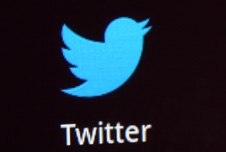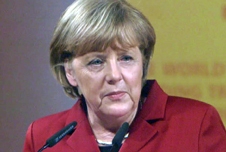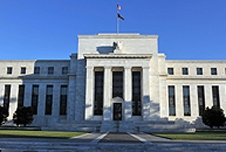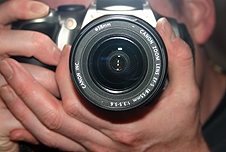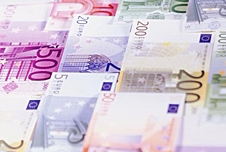
Transcript:
It is being called Ireland's exit from the bailout. If all goes to plan Ireland will receive no more financial assistance. It does not mean that the money has been repaid - that will take until 2042.
Ireland will still need to borrow - and all the signs are that it will be able to do so in the financial markets at an affordable cost. The country's economy has shown signs of stabilisation. It has grown, though erratically, and unemployment is down from its highs. But living standards have been hit - the economy is still 9% smaller than it was six years ago.
This is an important stage in the Eurozone's financial repair effort. Ireland is the first country to be bailed out to get to this stage. Portugal is due to do it next year, though there are concerns that it might need more financial help.
Greece and Cyprus are further away from getting back on their feet financially. It certainly helps that the recession in the Eurozone has ended - that the economy of the region as a whole has started to grow again. But it is still feeble growth.
Europe needs stronger performance to generate the tax revenue that could really help struggling governments get control of their borrowing needs.
Vocabulary:
affordable adj. 负担得起的
stabilisation n. 稳定,稳压
erratically adv. 不定地;不规律地
getting back on their feet 恢复
feeble adj. 微弱的,无力的
revenue n. 税收,国家的收入






